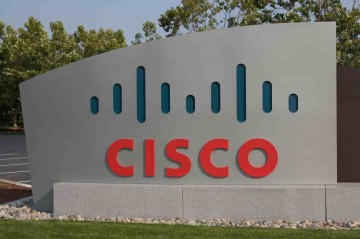 Cloudy Ensono has joined Google Cloud’s partner programme in a bid to improve its multi-cloud products.
Cloudy Ensono has joined Google Cloud’s partner programme in a bid to improve its multi-cloud products.
Cloud MSP Ensono says joining Google’s Partner Advantage Programme will enable it to offer new cloud capabilities to its clients and access technologies such as BigQuery and Anthos.
The move seems linked to Ensono’s buying of UK cloud consultants Amido in April. Amido was part of Google Cloud’s Partner Advantage programme prior to its acquisition by Ensono.
Ensono now provides cloud services across Google Cloud, AWS and Microsoft Azure, it claims.
The US-based firm has been transforming itself from a mainframe services company to a fully-fledged hybrid IT provider over recent years.
Ensono CTO Gordon McKenna said that being able to provide multicloud solutions across platforms is a key strategy that our clients are looking for.
“Our mission is to provide organisations with the best management of hybrid environments while migrating applications to the cloud. By working with Google Cloud, Ensono has the expertise to aid clients in achieving their multi-cloud goals by adopting Google Cloud applications within their existing infrastructure.”
 Distributor Westcon-Comstor has expanded its agreement with Cloudy Sandvine which will see it become a strategic global distributor for Sandvine’s efforts.
Distributor Westcon-Comstor has expanded its agreement with Cloudy Sandvine which will see it become a strategic global distributor for Sandvine’s efforts.

















